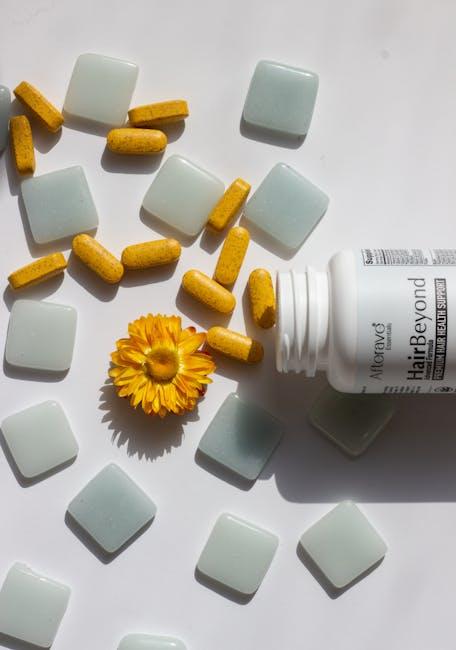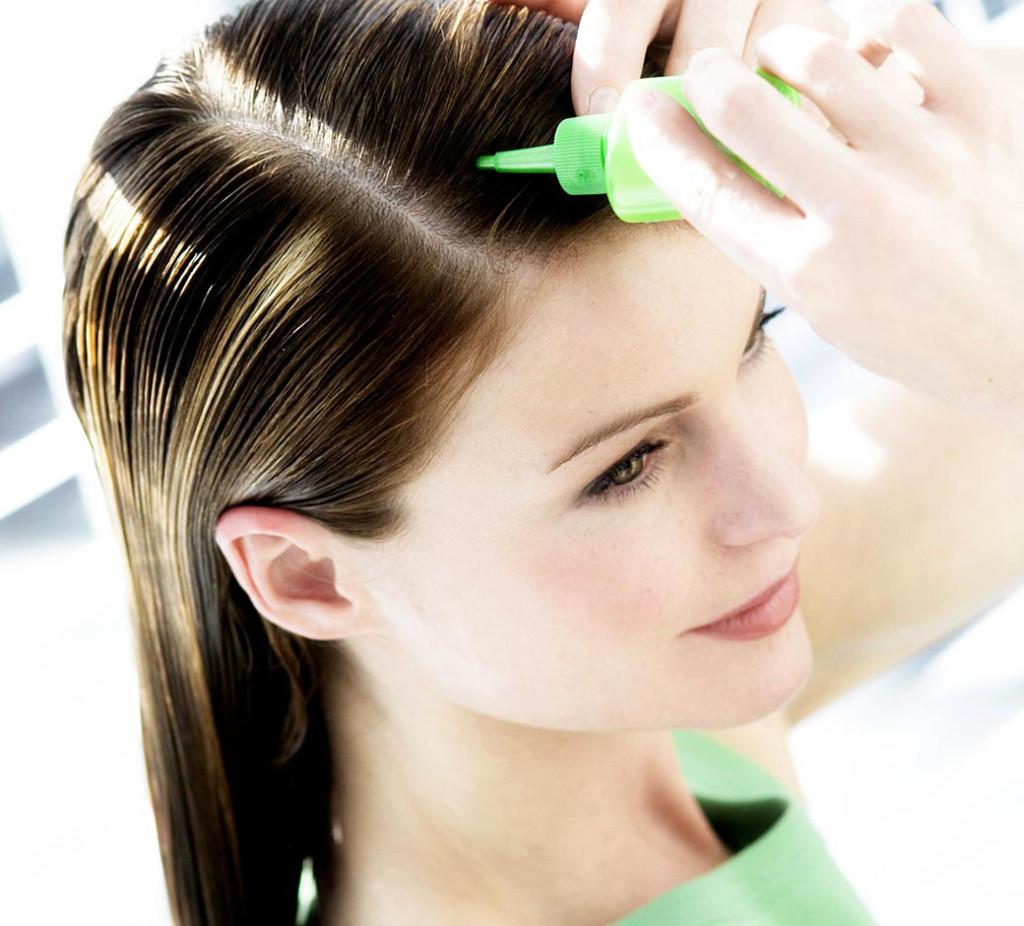Are Hair Supplements Effective or a Marketing Ploy
In a world where the quest for luscious locks is as relentless as the pursuit of eternal youth, hair supplements have emerged as the latest darlings of the beauty industry. Promising everything from thicker strands to a glossier sheen, these tiny capsules and gummies line the shelves, adorned with claims that flirt with fantasy. Yet, beneath the glittering promises lies a question that echoes through salons and dinner tables alike: Are these supplements a genuine solution to hair woes, or merely a cleverly crafted marketing ploy? As consumers continue to invest in the dream of a perfect mane, this article delves into the science and skepticism surrounding hair supplements, seeking to unravel the truth behind the trend.
Exploring the Science Behind Hair Supplements
The allure of lush, healthy hair has fueled a booming industry of hair supplements, promising to deliver results that sometimes seem too good to be true. But what does science say about their effectiveness? Hair growth supplements often contain a blend of vitamins, minerals, and other nutrients believed to support hair health. These typically include biotin, vitamin E, zinc, and sometimes proprietary blends of herbal extracts. However, while certain deficiencies can lead to hair loss or poor hair quality, the scientific consensus on the efficacy of these supplements for the general population remains mixed.
- Biotin: Essential for keratin production, but deficiencies are rare.
- Vitamin E: Known for its antioxidant properties, it may support scalp health.
- Zinc: Critical for tissue growth and repair, though excessive intake can lead to adverse effects.
- Herbal Extracts: Ingredients like saw palmetto are often touted, but more research is needed.
While these nutrients are vital for overall health, their direct impact on hair growth when consumed in supplement form is still under investigation. For some, these supplements may fill a dietary gap, yet for others, they might simply be an expensive addition to their wellness routine. Consumers are advised to approach with caution and to consider consulting a healthcare professional before adding such supplements to their regimen.

Unveiling the Marketing Strategies in the Hair Care Industry
In the bustling world of hair care, where innovation meets aspiration, the allure of hair supplements often teeters on the edge of science and savvy marketing. These products, often adorned with promises of luscious locks and vibrant vitality, have flooded the market, leaving consumers to ponder their efficacy. At the core, these supplements typically boast a blend of vitamins, minerals, and herbal extracts purported to enhance hair health. Yet, discerning the genuine benefits from the glossy promises can be challenging. While some users report noticeable improvements, attributing them to supplements, others question whether the results stem from placebo effects or the body’s natural cycles.
The effectiveness of hair supplements is often influenced by several factors:
- Individual Nutritional Needs: Those with deficiencies may experience more pronounced results.
- Quality of Ingredients: Not all supplements are created equal; the source and purity of ingredients can vary widely.
- Consistency of Use: Like any regimen, regular and sustained usage is key to observing potential benefits.
- Overall Health: Factors such as diet, stress, and genetics play a crucial role in hair health.
As the debate continues, consumers are encouraged to approach these products with a discerning eye, balancing optimism with skepticism. Whether a path to vibrant hair or a clever marketing narrative, the decision ultimately rests on individual experiences and expectations.

Analyzing Consumer Experiences and Reviews
In the quest for luscious locks, many consumers turn to hair supplements, but are these products delivering on their promises? A dive into consumer experiences and reviews reveals a mixed bag of results. Some users swear by their newfound hair thickness and strength, attributing their success to the daily intake of these supplements. They highlight benefits such as:
- Improved Hair Texture: Many users report silkier, more manageable hair.
- Enhanced Growth: Faster hair growth is a common claim among satisfied consumers.
- Reduced Hair Loss: A noticeable decrease in shedding is another positive outcome frequently mentioned.
Conversely, skepticism looms large as some consumers label these products as nothing more than a clever marketing ploy. Common criticisms include:
- Questionable Efficacy: Some users see little to no difference in their hair health.
- Price Concerns: The cost of maintaining a supplement regimen is often highlighted as prohibitive.
- Placebo Effect: There’s speculation that perceived benefits might be due to psychological factors rather than actual product efficacy.
These diverse opinions suggest that while hair supplements might offer potential benefits for some, others remain unconvinced, pointing to the necessity of further scientific validation.

Expert Recommendations for Choosing Effective Hair Supplements
When venturing into the world of hair supplements, navigating the plethora of options can be overwhelming. Experts suggest focusing on a few key factors to ensure you select a product that genuinely supports hair health. First and foremost, look for clinically proven ingredients such as biotin, zinc, and vitamin D, which are known to contribute to hair strength and growth. Check for third-party testing or certifications, which can provide assurance regarding the product’s safety and efficacy.
- Understand Your Needs: Identify specific hair concerns—be it thinning, breakage, or dullness—to choose supplements tailored to your goals.
- Consult Professionals: Dermatologists or trichologists can offer personalized advice and may suggest blood tests to identify deficiencies.
- Read Reviews: Genuine customer feedback can offer insights into the effectiveness and side effects experienced by others.
- Avoid Overpromises: Be cautious of products that claim miraculous results in unrealistically short periods.
Incorporating these expert recommendations can help you make an informed decision, potentially turning hair supplements from a mere marketing ploy into a valuable component of your hair care routine.
To Wrap It Up
As we reach the end of our exploration into the world of hair supplements, it’s clear that this topic is as tangled as a head of unkempt curls. On one side, we have the hopeful promises of luscious locks and revitalized strands, bolstered by glossy ads and celebrity endorsements. On the other, a skeptical gaze questions whether these promises are merely spun from the fibers of savvy marketing strategies.
Ultimately, the truth may lie somewhere in between, woven together by individual experiences, scientific evidence, and personal expectations. While some may find their hair goals within the confines of a supplement bottle, others may see more of a placebo effect than a profound transformation. As with any health-related choice, it’s essential to do thorough research, consult with professionals, and consider personal health needs.
whether you decide to embrace hair supplements or seek alternative methods, may your journey to healthier hair be as enlightening as it is empowering. And remember, every strand of hair is unique—just like you.


